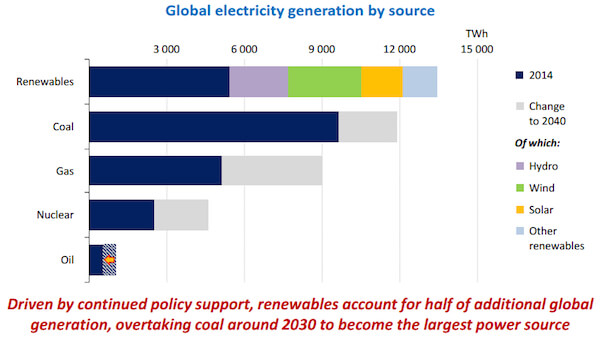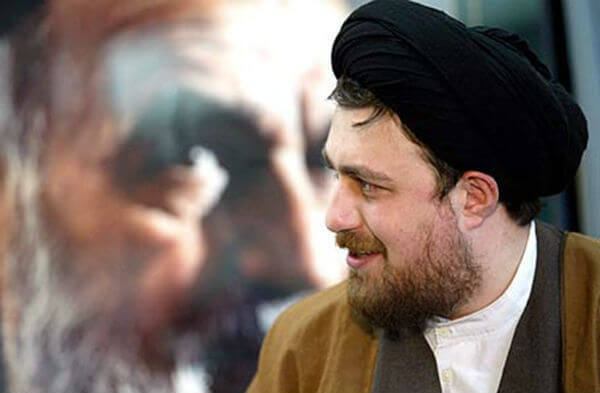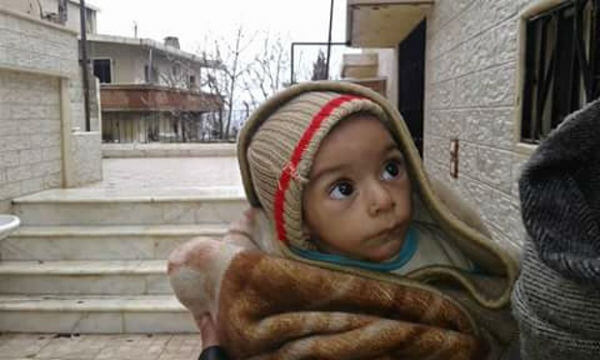By Simona Guerra, University of Leicester and Fernando Casal Bértoa, University of Nottingham
Poland’s prime minister Beata Szydło recently found herself summoned to the European Parliament in Strasbourg to defend her government over accusations that its commitment to democratic values is on the slide.
This was an unprecedented meeting. The parliament had called a debate under the auspices of a law introduced in March 2014, giving it the right to question a national government if it thinks a systemic threat to democracy is about to take place in a European country.
In Poland’s case, concerns were raised over government plans to limit the power of the national constitutional court, and change the way the media is governed and civil servants hired.
The aim of a meeting is to have a constructive conversation about concerns but if that fails, Brussels can move to suspend a country from taking part in EU decision making (although this is an unlikely scenario).
Among the post-communist states that joined the EU in 2004, Poland has generally been seen as a success story. While Hungary and Romania, and candidate countries such as Macedonia and Bosnia and Herzegovina seem to be dragging their feet over democratic reform, Poland has blazed the trail.
But in October 2015, the new social national conservative government, led by Szydło (Law and Justice party, PiS) won an outright majority in parliamentary elections and quickly set about making significant changes.







